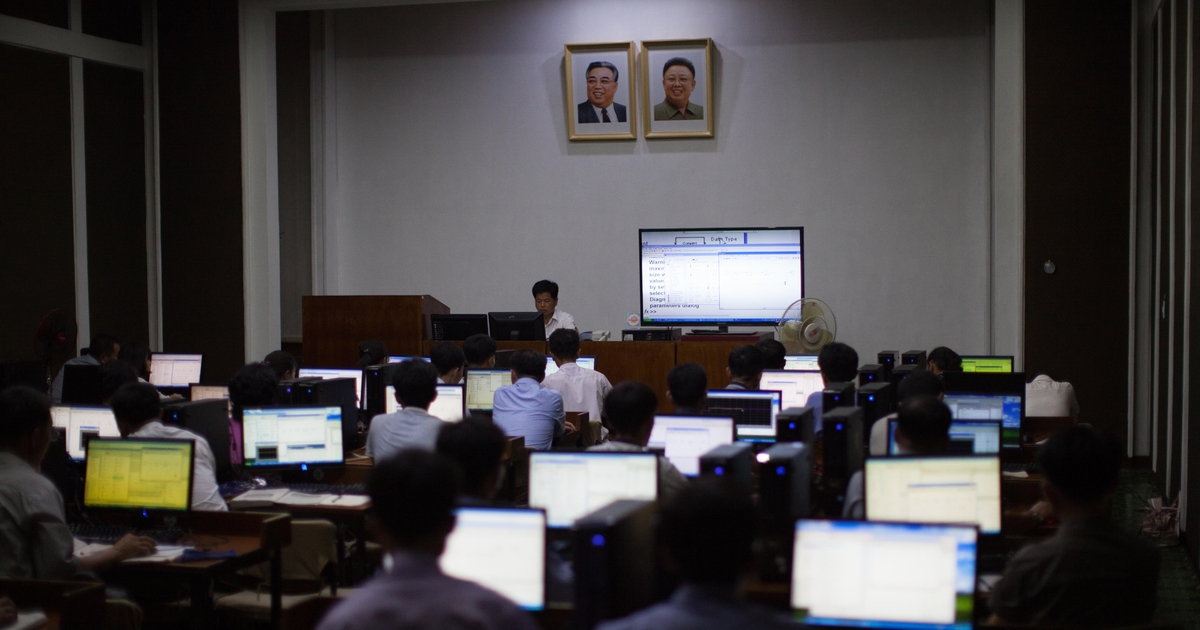Five individuals from various nationalities, including two Americans, two North Koreans, and a Mexican man, have been charged in connection with an elaborate IT worker scam, as revealed by the Department of Justice (DoJ). The scheme involved Pak Jin-Song, Jin Sung-Il, and their North Korean associates who secured IT positions with a total of 64 American companies by using fake identities facilitated by Pedro Ernesto Alonso De Los Reyes, a Mexican national residing in Sweden. The operation was further aided by US citizens Emanuel Ashtor and Erick Ntekereze Prince, who maintained laptop farms to carry out their fraudulent activities.
The scam, which lasted from April 2018 to August of the following year, proved to be incredibly profitable for the culprits. The DoJ disclosed that earnings from just 10 of the targeted companies netted the scammers a hefty sum of $866,255. This illegal operation shed light on the lengths to which individuals would go to circumvent legal barriers for personal gain.
The modus operandi of the North Korean IT scam unveiled a cunning workaround to evade trade and economic sanctions imposed on the Democratic People’s Republic of Korea (DPRK) by the United States. It involved individuals employed by sanctioned DPRK government ministries assuming false identities in countries like China and Russia to apply for remote IT jobs in the US tech industry. While performing their job duties satisfactorily, they funneled their earnings back to the DPRK government, with a portion inevitably fueling its nuclear and missile development programs.
To successfully execute such elaborate scams, North Korea recruited help from foreign nationals, including Americans. In this case, Pedro Alonso played a crucial role by either lending his identity to job seekers or facilitating the creation of forged documents to secure employment. Additionally, the North Koreans resorted to stealing US citizens’ identification documents and using them deceitfully to further their fraudulent activities.
The collaboration between the indicted individuals resulted in the establishment of full-fledged laptop farms operated by Ashtor and Prince in North Carolina, allowing North Koreans in China to work remotely on devices located on the US East Coast. To obscure the destination of the illicitly obtained salaries, the scammers used registered companies to invoice employers, subsequently laundering the payments through Chinese bank accounts.
The arrests of Ashtor, Prince, and Alonso, coupled with the charges brought against all five individuals involved in the scam, shed light on the gravity of the offenses committed. The indicted persons face various charges, including conspiracy to commit wire fraud, money laundering, and transferring false identification documents, which could carry prison sentences of up to 20 years upon conviction.
The impact of recent arrests made in connection with cybercrimes involving North Korean entities remains a topic of intrigue. The DoJ’s DPRK RevGen: Domestic Enabler Initiative, aimed at thwarting such criminal activities, has led to notable arrests and seizures. However, cybersecurity experts like Roger Grimes suggest that despite these initiatives, there has been no significant decline in the prevalence of such scams. Grimes highlights the continued existence of fake IT worker applications, emphasizing the need for vigilance and caution among potential recruits to avoid falling prey to illicit schemes.
As the legal proceedings unfold and the repercussions of the IT worker scam resonate within the cybersecurity landscape, it serves as a stark reminder of the complexities and challenges posed by transnational cybercrimes. The collaboration between individuals from diverse backgrounds in perpetrating such fraudulent activities underscores the global reach and interconnected nature of modern-day cyber offenses.


